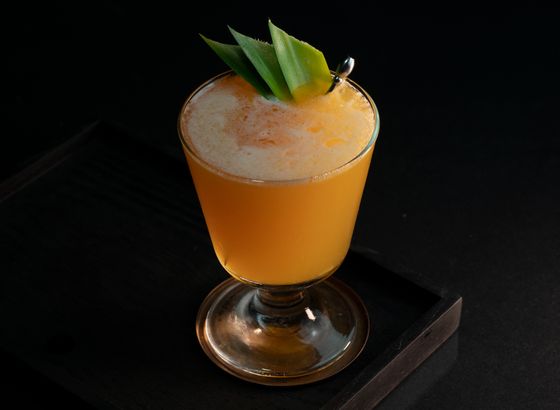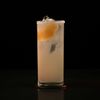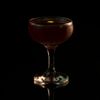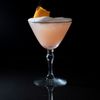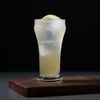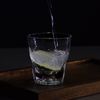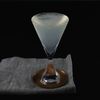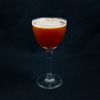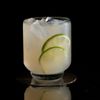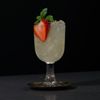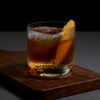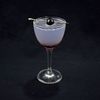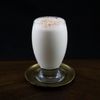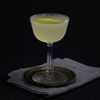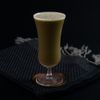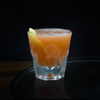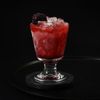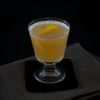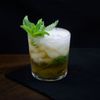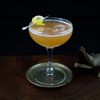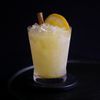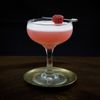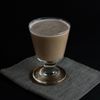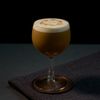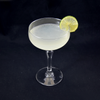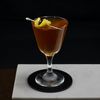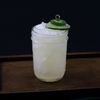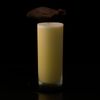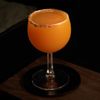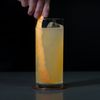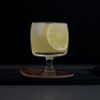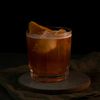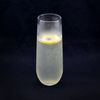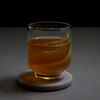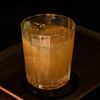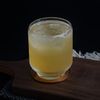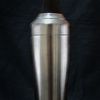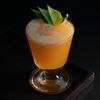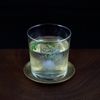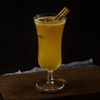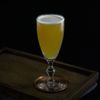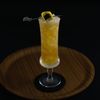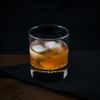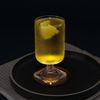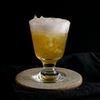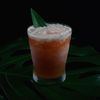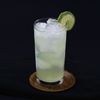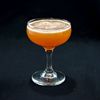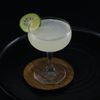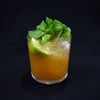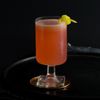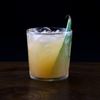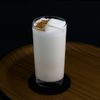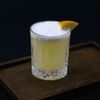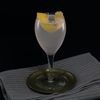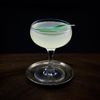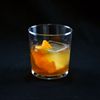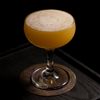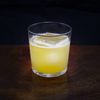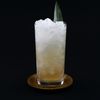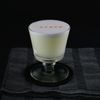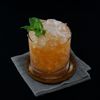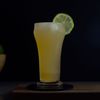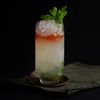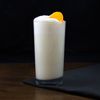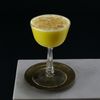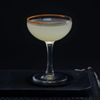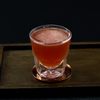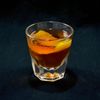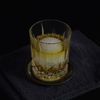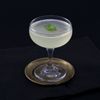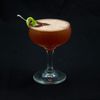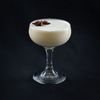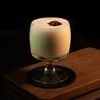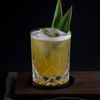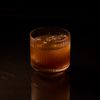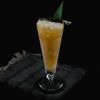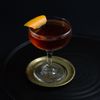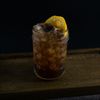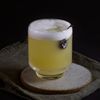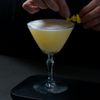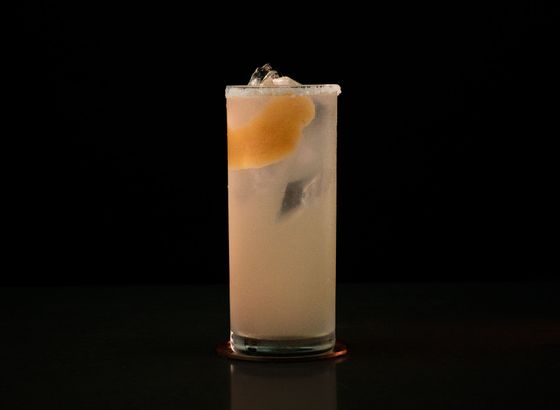
No. 204: Paloma
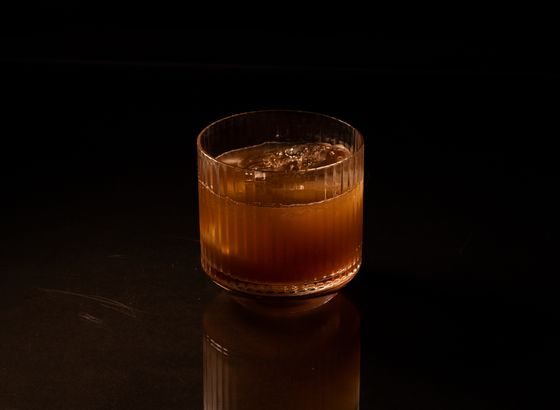
No. 222: Tango Nuevo
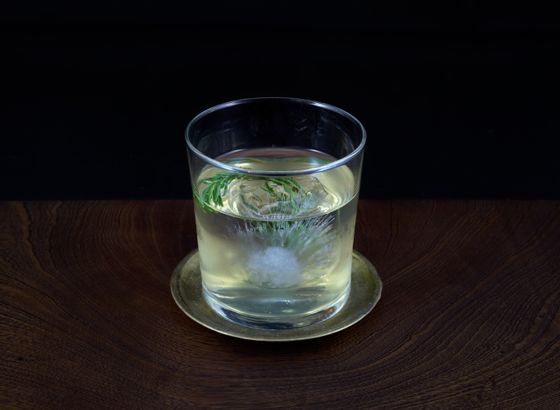
No. 59: High Divide
simple & flavored syrup
The most fundamental of all cocktail ingredients, syrups are utterly essential
There is no ingredient more fundamental, more essential, and also more mundane than simple syrup. But knowing how to concoct different styles of the stuff remains elemental to the practice of mixing drinks. It can also be quite creative once infusions are added. In the early days of cocktails, simple syrup was common but shared playing time with fine sugar and cube sugar, with the latter being muddled into drinks like the sazerac and old fashioned. Today, most bars will make these drinks with simple syrup, and there is really no reason not to; purists make claims about the texture of ground sugar cubes and the ritual of muddling, but to us, there isn’t a clear reason to choose anything over simple syrup unless the historical process is important. Simple syrup has one major advantage over its competitors: consistency. It will deliver the perfect amount of sweetness in a way that is easy to measure and uses the same tools a bartender typically uses. The only downside to simple syrup is it won’t keep as long as dry sugar, so we recommend the home bartender work with smaller portions, lest they wind up with a science experience several months later.
simple syrup • 55 recipes »
When we list simple syrup in our recipes, it is always 1:1 unless specified otherwise. The professional bartender might prefer a rich simple syrup in some cases, which uses a 2:1 ratio, but for most home bartenders 1:1 will suffice. It's easier to measure, and makes things easier to manage in the fridge. Feel free to make this syrup in any proportion: it doesn’t really matter how much you make. At home, we will often make only two or three ounces at a time.
- 1cup white granulated sugar
- 1cup water
Heat water in a pot or the microwave, then add sugar and stir rapidly until sugar has completely dissolved. Allow to cool.
honey syrup • 10 recipes »
Honey syrup is an exceptional alternative to simple syrup, and for many mellower drinks is an upgrade. The bees knees sets the standard for classic honey syrup cocktails, but modern classics like the gold rush and penicillin have elevated the ingredients profile in the modern era. Honey syrup is a nice detail but usually isn’t required. More complex drinks can use simple syrup, but simpler ones won’t be the same without it.
- ¼cup honey
- ¼cup water
Same as simple syrup, but with honey instead of sugar.
demerara syrup • 5 recipes »
Demerara syrup is made with brown sugar and is significantly more rich and savory, making it perfect for winter and tiki drinks. Try it in the black flip and scotch and coconut, or as a fun substitute in spiced tiki classics like the three dots and a dash. Using demerara adds a great detail, but it is rarely a must. Use simple syrup as a substitute.
- 1cup demerara or brown sugar
- 1cup water
Same as simple syrup, but with demerara sugar instead of white cane sugar.
cinnamon syrup • 5 recipes »
Cinnamon syrup is a wonderful way to spice up winter drinks. Because the sticks can easily be plucked out after heating, cinnamon syrup is also one of the easiest infused syrups to make. Because cinnamon syrup is relatively mild in flavor, it can be used to add a wintry twist on classics like the old fashioned and coffee cocktail.
- 1cup sugar
- 1cup water
- 4 cinnamon sticks
Heat all ingredients in a saucepan until sugar has dissolved. Let cool and remove cinnamon sticks
raspberry syrup • 2 recipes »
A favorite in classics like the Clover Club and blinker, raspberry syrup is an expressive and lively infusion that can completely transform a drink. There really is no substitute, and cocktails that use it are typically not the same without it.
- 1cup raspberries
- 1cup sugar
- 1cup water
Combine all ingredients in a pot and heat gently until raspberries break down. Strain through a fine mesh strainer
pineapple syrup • 1 recipes »
Fruity, creamy, and magical: pineapple syrup is well worth the effort. It can be used to jazz up classics like the daiquiri and planter’s punch with a proto-tiki vibe, or be employed in the magnificent East India, where it is essential.
- 1cup cane sugar
- 1cup water
- 1cup cubed pineapple
Heat water to a boil and combine with cane sugar, making a simple syrup. In a bowl, cover the cubed pineapple with the syrup and refrigerate overnight. The next day, run the contents through a fine strainer and bottle.
ginger syrup • 1 recipes »
Ginger syrup is used to impart a ginger-beer like flavor in classic drinks like the presbyterian. In fact, it is often replaced by ginger beer in modern variations, but unlike ginger beer, ginger syrup is easy to make in large quantities and employ over time. It is also fresher and simpler, making it less likely to take over your cocktail.
Combine all ingredients in a blender or food processor and process until sugar has dissolved. Store up to 2 weeks, refrigerated.
sage syrup • 1 recipes »
Sage syrup is a pretty new ideas, but it makes up for its lack of history with herbal deliciousness. Give it a try in our own invention: the Nicholas Sage, or any number of Chartreuse drinks.
- 12 sage leaves
- 1cup sugar
- 1cup water
Chop sage leaves and combine with sugar and water in a pot. Heat until sugar fully dissolves, then let cool to room temperature without removing leaves. Strain and bottle.
passionfruit syrup • 1 recipes »
Passionfruit syrup is trickier to make and sometimes requires more obscure ingredients. This makes it one of the only flavored syrups worth buying over the counter. We recommend BG Reynolds or Small Hand Foods versions. If you want to try your hand at making it, here is a simple recipe.


No. 222: Tango Nuevo
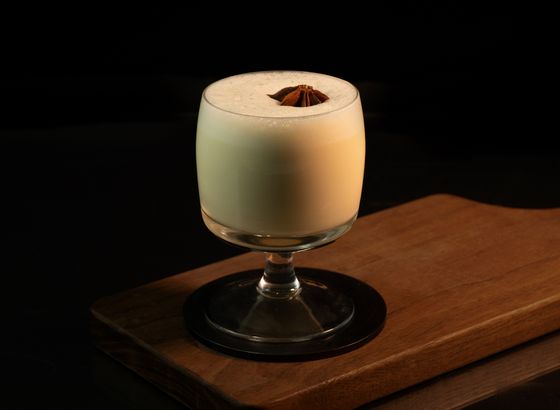
No. 221: Sun Valley
